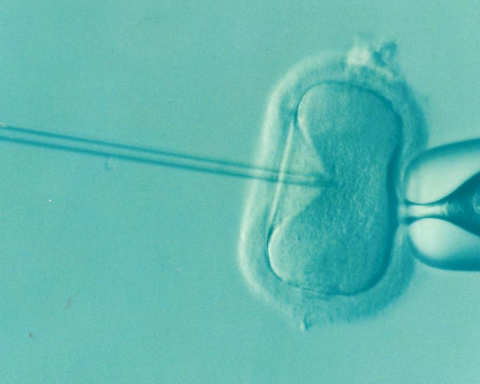Although many labs are doing cutting-edge research and finding new ways to improve life in this world, they aren’t always the picture of productivity. Unfortunately, some labs are not very well organized internally and often could find ways to be more productive.
Resources are often very limited so it makes sense to work on being more productive and wasting fewer resources to get the job done. In this article, we will go over ways to increase the productivity of your lab for fast results.
1 – Embrace Technology
There are two major ways that technology can help productivity in your lab. The first is through automation as it can speed up many processes that took longer in the past. For example, large datasets require a high degree of repeatability which is hard to produce without automation. There is software that can increase reproducibility and reduce failure so you can streamline your processes.
The second big way that technology can help is to increase communication within the teams. Laboratory Information Management Systems (LIMSs) and electronic notebooks consolidate a lot of information and communications all in one place. This way many different teams can all be on the same page and not waste time trying to track down documents and data.
If your lab is still using outdated technology due to budget limitations, then this is a good time to upgrade since the increase in productivity will essentially help them pay for themselves.
2 – Frequent Training
Over time, many workers, lab workers included, end up taking on bad habits that increase over time and kill productivity. There are times when they forget what they were trained for and start doing things their own way. When people are properly trained they keep information fresh in their mind.
Troubleshooting is much easier for them since they have recently undergone some refreshers. This reduces the need to replicate experiments and lower failure frequency. Regular training shouldn’t just be for new hires. Everybody on the staff should have to undergo some update training to learn new processes or remind them of the theoretical ones that they learned early in their career.
3 – Create Templates
If you routinely perform quantitative experiments then having a template will save loads of time. Not only will these templates make it easier and faster to repeat experiments but there will also be the ability to look back at past experiments to understand how you did things like load gels or remember what antibodies you tested.
4 – Standardize Good Work Habits
It’s one thing to remind everybody to do things a certain way. It is quite another to make good work habits a standard operating procedure. Things like labeling should be part of the entire lab SOP and not just done in an organized way by those with fastidious work habits.
By making good work habits standard you know that everybody is on the same page and this will increase the productivity of the entire lab.





